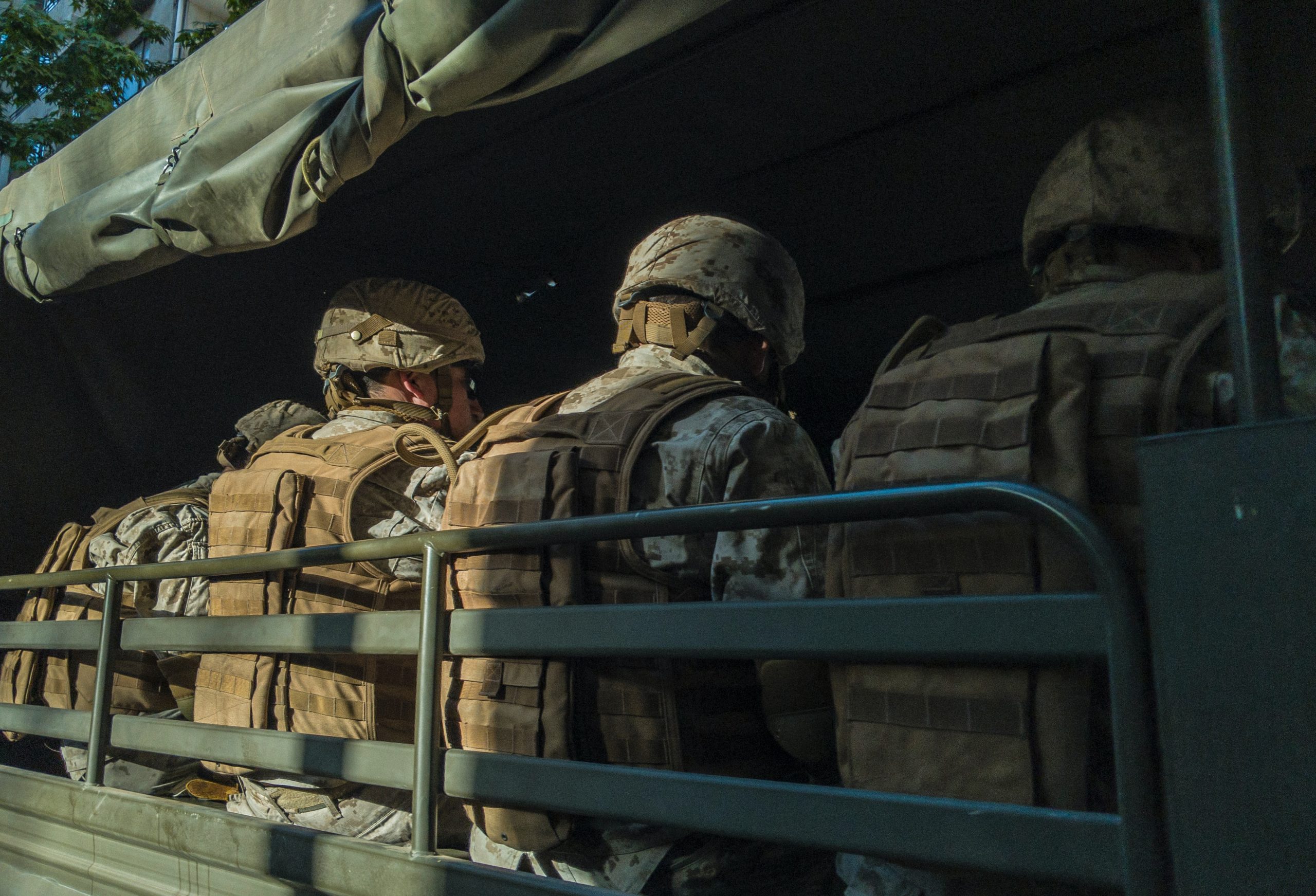Approximately 900 US troops have been deployed to the Middle East in response to heightened regional tensions.
These tensions stem from a series of attacks on coalition bases, resulting in minor injuries to nearly two dozen troops.
Pentagon spokesman Brig. Gen. Pat Ryder confirmed this deployment during a press briefing, stating that it includes units that have been on standby to deploy orders, as well as units deploying from the continental United States.
Among the units being deployed are a Terminal High Altitude Area Defense (THAAD) battery from Fort Bliss, Texas, Patriot batteries from Fort Sill, Oklahoma, Patriot and Avenger batteries from Fort Liberty, North Carolina, and associated air defense headquarters elements from Fort Bliss and Fort Cavazos, Texas.
Ryder emphasized that these deploying units are not headed to Israel but are intended to support regional deterrence efforts and enhance US force protection capabilities in the Middle East.

The decision to deploy additional troops comes during the ongoing conflict between Israel and Hamas, where the US aims to send a clear message to prevent the escalation of the conflict in the region.
There is growing concern that Iranian-backed militia groups are planning to increase attacks against US forces in the Middle East, taking advantage of regional backlash against US support for Israel.
Between October 17 and 26, US and coalition forces faced multiple attacks in Iraq and Syria.
These attacks involved a mix of one-way attack drones and rockets, resulting in minor injuries to 21 US service members.
Ryder specified that 19 of these injuries occurred at al-Asad Air Base in Iraq and four at al-Tanf Garrison in Syria, all diagnosed with traumatic brain injuries (TBI).
Fortunately, all affected personnel have returned to duty, and there have been no reported cases of TBI since late October.
A recent attack targeting Erbil Airbase was unsuccessful, resulting in no casualties and only minor damage to infrastructure.
The decision to deploy these additional troops and enhance force protection is in response to the evolving security situation in the Middle East.
The US remains committed to defending its forces and interests in the region while holding Iran responsible for supporting militia groups involved in these attacks.


Comments are closed.